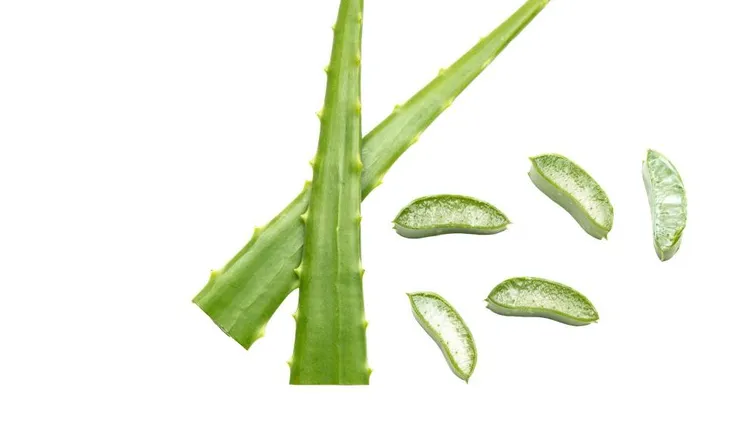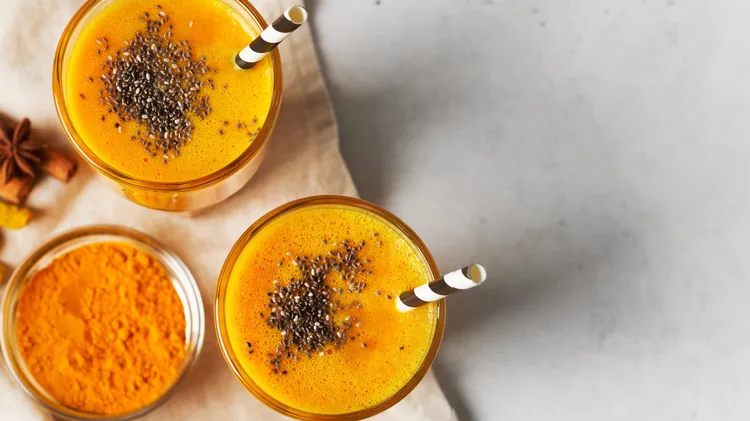Nutrition advisor at Viridian,Will Jordan, has the answers as to ho
Ask the expert skin health
4 min read
This article is from...
Read this article and 8000+ more magazines and newspapers on Readly






